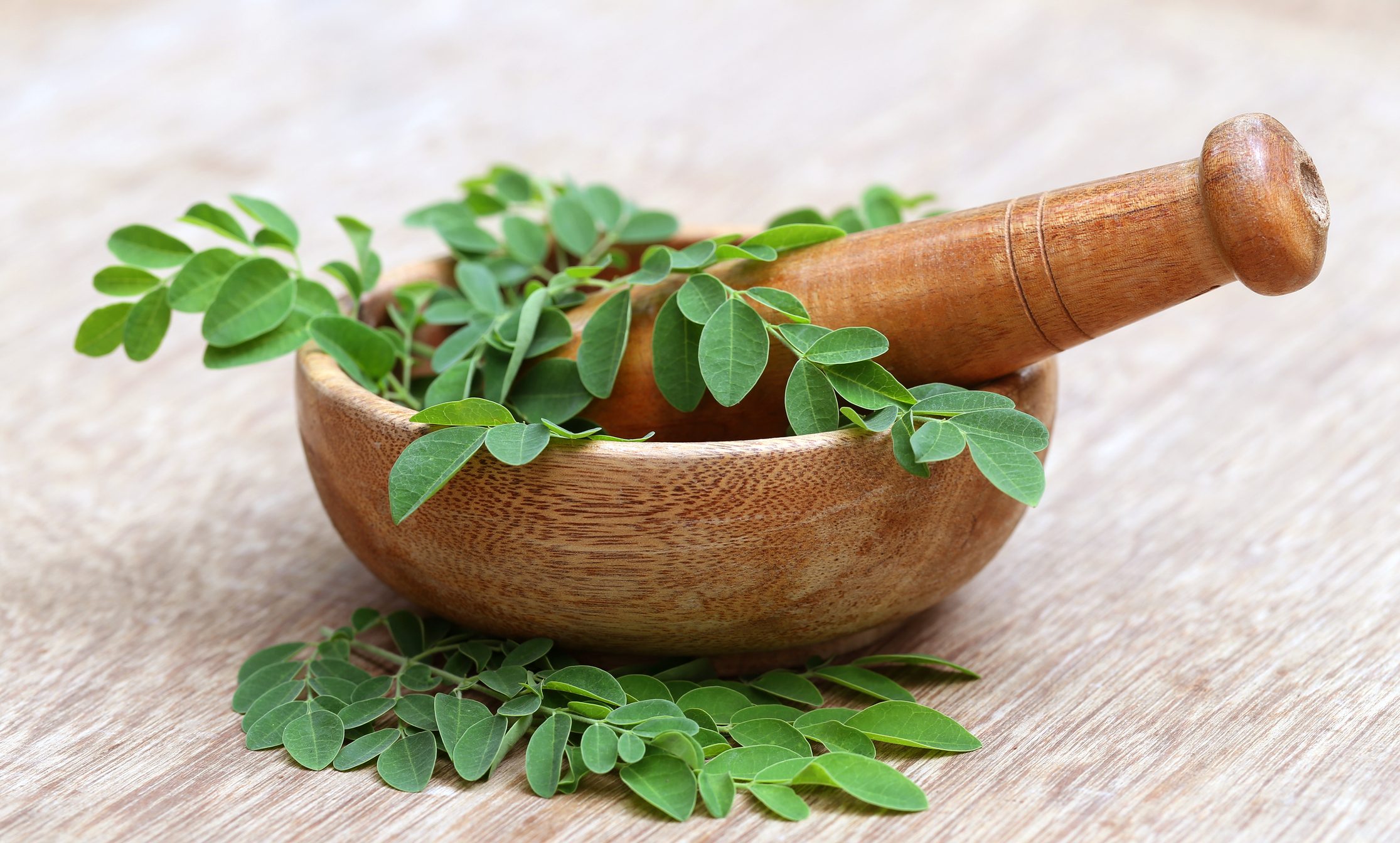8 Amazing Benefits of Raspberry Leaf Tea
Drinking raspberry leaf tea is very beneficial for expecting women, and well as those suffering from cold, flu, fertility issues, psoriasis, constipation, and general inflammation.
;Resize,width=742;)
Raspberry leaf tea is made from the leaves of raspberries after they are dried and crushed. The tea doesn’t actually taste like raspberries, and is more like floral black tea. It has an impressive collection of nutrients, vitamins, and antioxidants, and can help boost the immune system, regulate hormones, prevent nausea and aid in women’s health.
Drinking raspberry leaf tea is very beneficial for expecting women, and well as those suffering from cold, flu, fertility issues, psoriasis, constipation, and general inflammation.
1. Pregnancy Aid

Raspberry tea is well-known for its ability to stimulate labor and help ease childbirth, due to the effects is has on the uterine wall.
It can strengthen muscles, and make for a quicker and less painful delivery too. Although research is ongoing, and there is not strong evidence to support these claims, raspberry leaf tea has been used for centuries as part of traditional medicine. It is believed that an alkaloid in it called fragine is responsible for the pregnancy benefits.
2. Helps Treat Cardiovascular Issues

The amount of potassium in raspberry leaf tea makes is useful for reducing blood pressure, and protecting against atherosclerosis and other heart problems.
3. Digestive Aid

Raspberry leaf tea has anti-inflammatory properties, which can help to soothe sore stomachs and prevent constipation. As mentioned before, it can stimulate muscle contractions, which can help normalize bowel movements as well as ease bloating and cramps.
Drinking too much raspberry tea can, however, lead to laxative effects, so drink it in moderation.
4. Immune System Booster

The vitamin C in raspberry leaf tea can help to ensure the proper functioning of the immune system, and stimulates the production of white blood cells.
5. Fertility Aid

Raspberry leaf tea has long been used traditionally to stimulate fertility in both men and women. This is because it can help to balance out hormone levels, and if the levels of estrogenic compounds are too high in men, and too low in women, fertility can suffer.
6. Reduces Inflammation

Raspberry leaf tea can reduce the symptoms of arthritis, gout, headaches, fever, and gastrointestinal problems. This is due to the antioxidants and anti-inflammatory compounds it contains.
7. Good for Skin

This tea is sometimes used to treat skin irritation caused by psoriasis, acne, and eczema, as well as other skin issues. The high levels of vitamins C and E, and the various antioxidants help to soothe the skin.
8. Could Help with Weight Loss

As raspberry tea is low-calorie, and is said to help boost the metabolism, it’s a popular drink for those trying to lose weight.
Cautions for Pregnant Women
If you have any of the following issues, don’t drink raspberry leaf tea:
Overdue Birth: If your baby is overdue, the contractions in a vaginal birth will be intense, and raspberry tea could make them even stronger, thus placing stress on the baby. Bleeding or Spotting: If you have had any bleeding or spotting in the second or third trimester, stimulating the uterus by drinking raspberry tea could cause problems. Cesarean Birth: If you are planning on a cesarean birth, raspberry tea is not recommended before the procedure.
;Resize,width=767;)
;Resize,width=712;)
;Resize,width=712;)
;Resize,width=712;)
